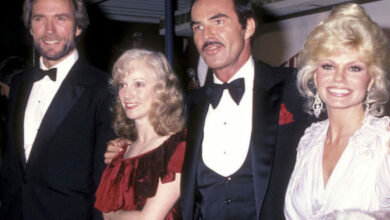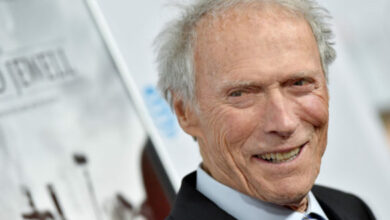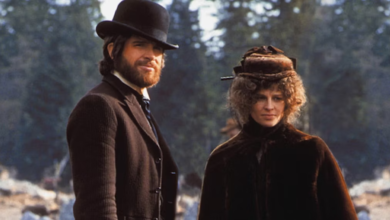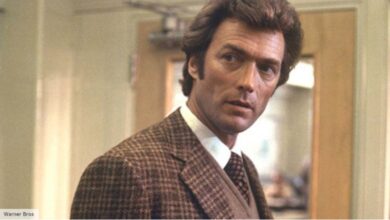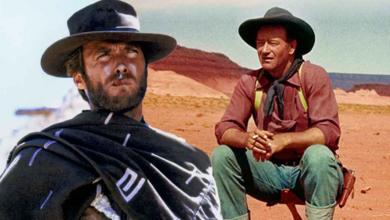Young Clint Eastwood: How the Western Legend Got His Start
See the handsome icon through the years — and find out what he's working on today!
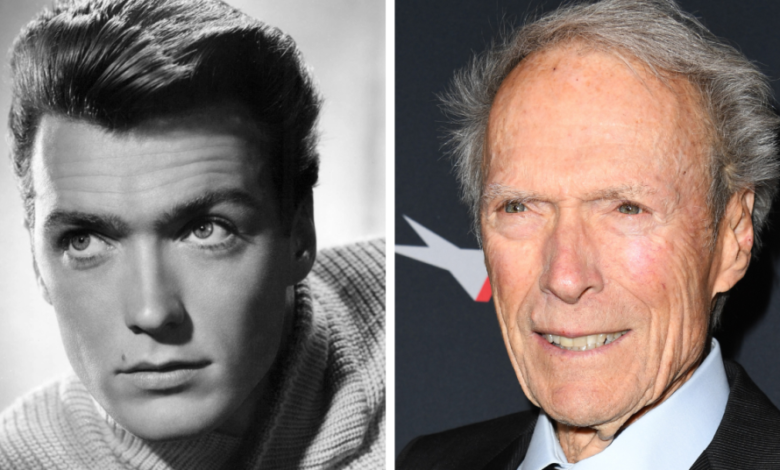
Actor and director Clint Eastwood has been a Hollywood legend since the ’50s, and at 93 he’s still going strong. He even has a new movie in production, Juror No. 2, which is rumored to be his final film. With a career that spans six decades and includes classics like The Good, the Bad and the Ugly, Dirty Harry and Unforgiven, we know that once the screen cowboy rides off into the sunset a final time, he will be truly irreplaceable.
In anticipation of his upcoming film, we’re taking a look back at how young Clint Eastwood began his incredible Hollywood reign.
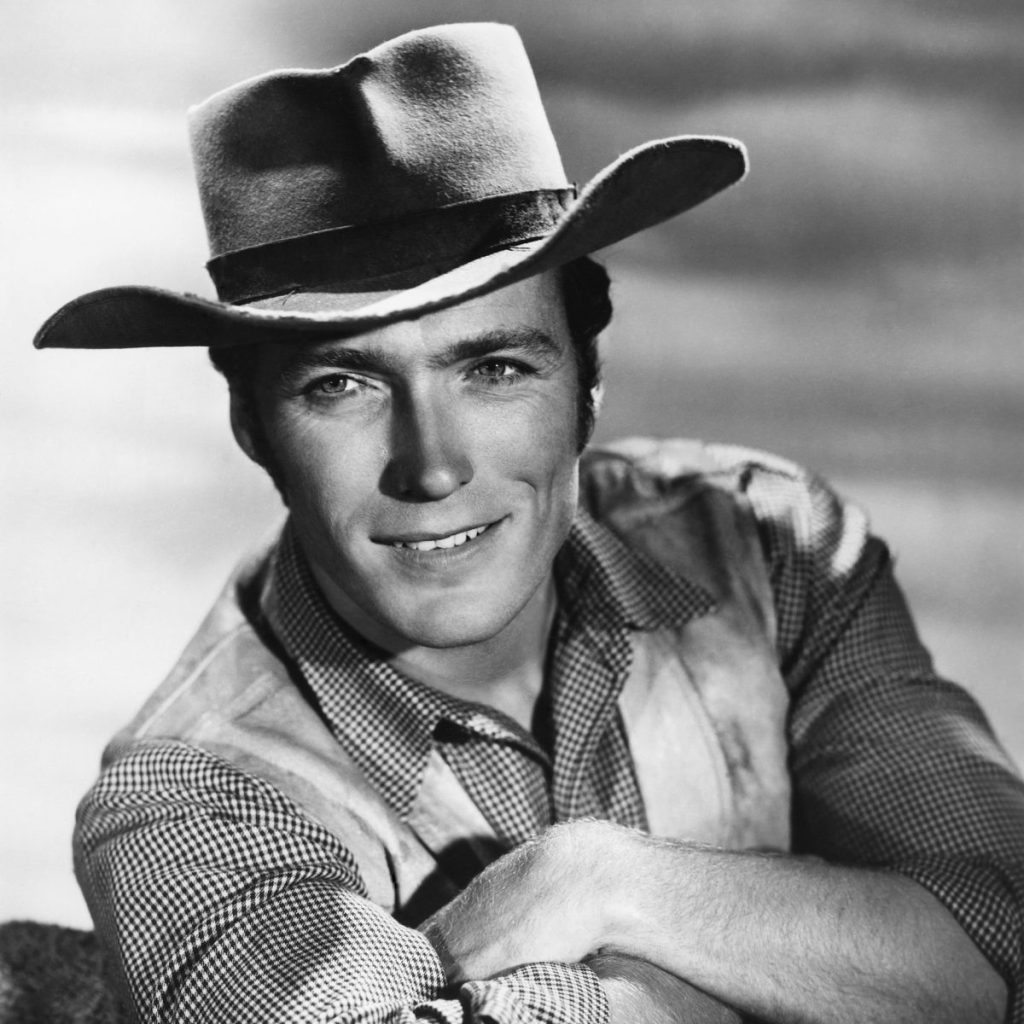
Clint Eastwood’s origins
Born in San Francisco on May 31, 1930, young Clint Eastwood had a transitory life growing up during the Great Depression. His family moved around before settling in Piedmont, a small city surrounded by Oakland, California. His parents were Clinton Eastwood Sr., a bond salesman and later manufacturing executive for Georgia-Pacific Corporation, and Ruth Wood, a housewife who became an IBM clerk. Eastwood’s mother once said young Clint had quite an imagination and made up many imaginary friends, which may have inspired him to become an actor.
Growing up, Clint was interested in music (later telling Esquire “If I’d had good discipline, I might have gone into music“) but he didn’t fully apply himself in school, and was held back a grade. When Eastwood graduated from high school in 1949, he and his parents and sister, Jeanne, moved to Seattle. He spent a few years in the Pacific Northwest as a young adult, operating log broncs in Springfield, Oregon, and serving as a summer lifeguard in Renton, Washington.
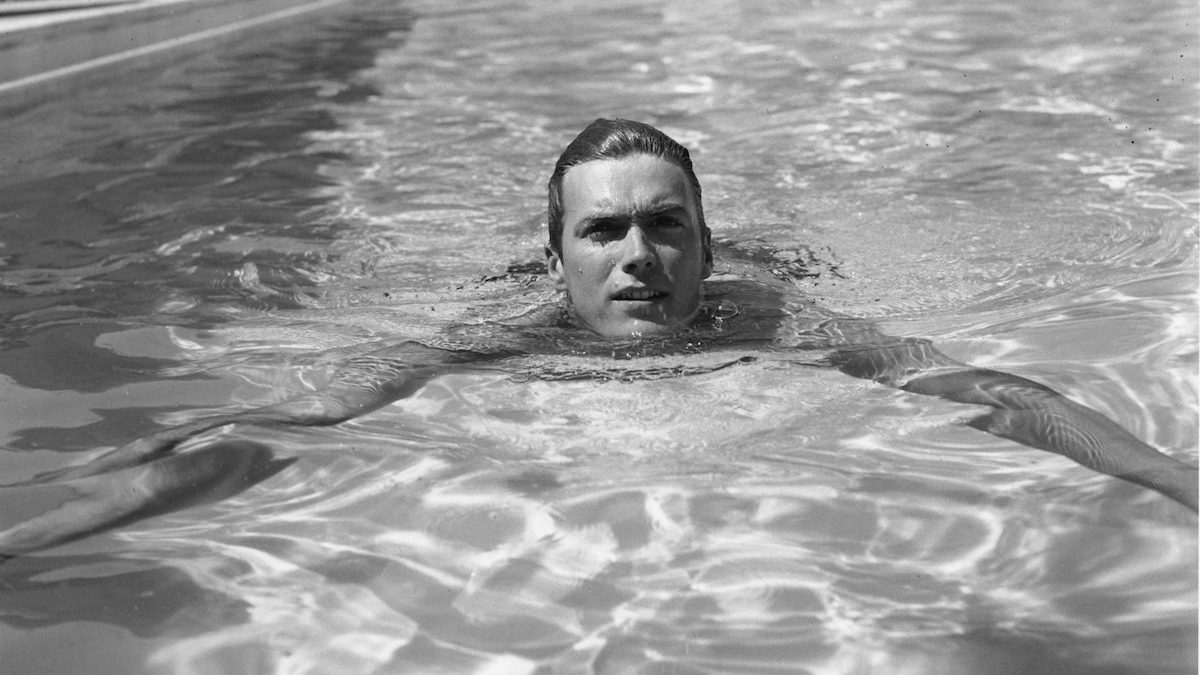
In 1951, Eastwood returned to his native California, but duty called with the Korean War. Eastwood got drafted and did a two-year stint at Fort Ord, a now-closed Army base. “I didn’t know where I wanted to be until I was drafted in the Army,” Eastwood told Parade. “I got out and I knew that I had to do something.” That something turned out to be acting. Eastwood enrolled at Los Angeles City College, but soon dropped out of school to pursue acting, and thus began an incredible career.
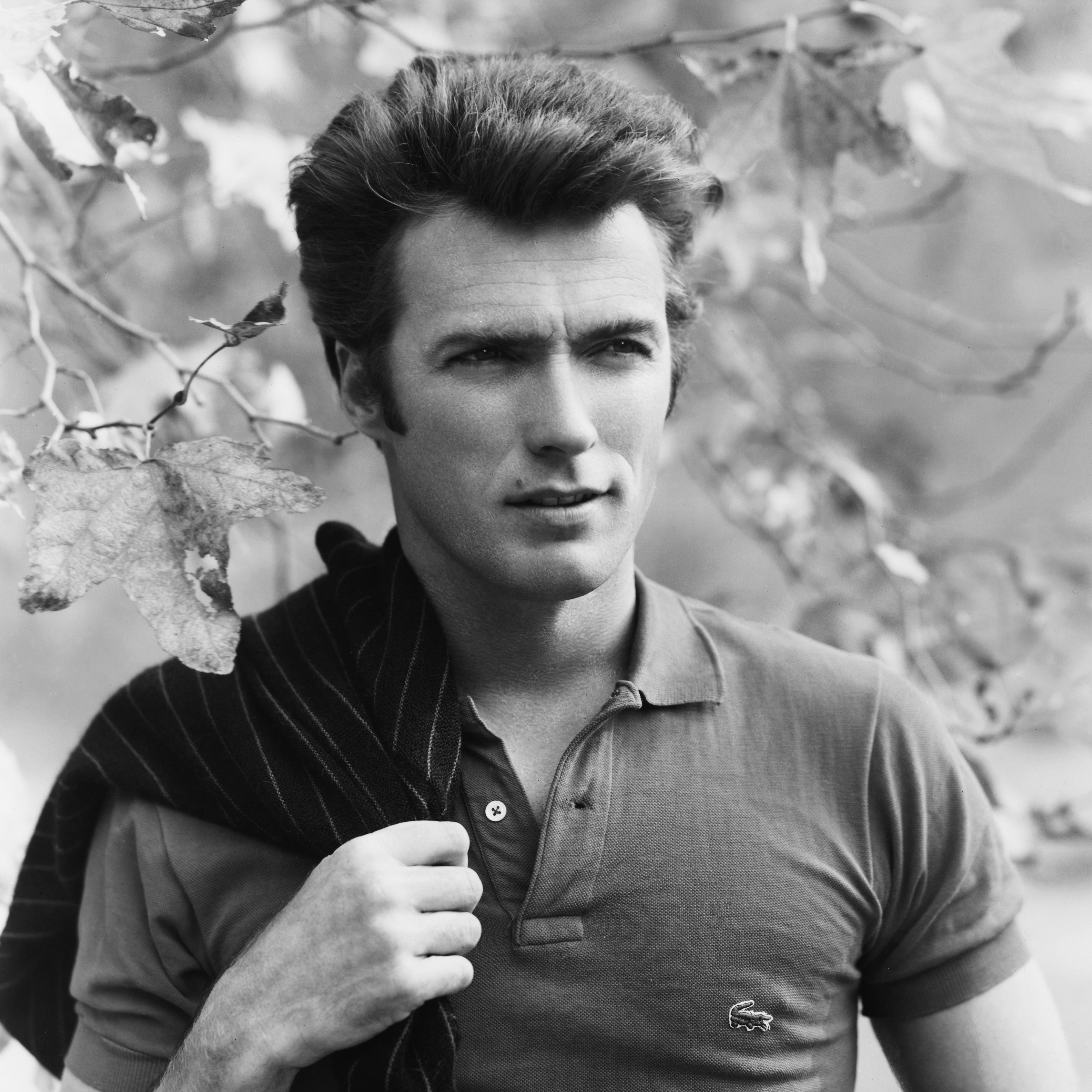
Clint Eastwood the young actor
Like many young actors trying to get their foot in the door, Eastwood started out in small, uncredited roles in B-movies like Revenge of the Creature and Tarantula, both in 1955. During this time, Eastwood continued to work day jobs — including digging swimming pools and driving a garbage truck — to supplement his income. Meanwhile, in 1953, Eastwood married Maggie Johnson, a secretary he met on a blind date. The couple had a turbulent marriage, and their divorce was finalized in 1984.
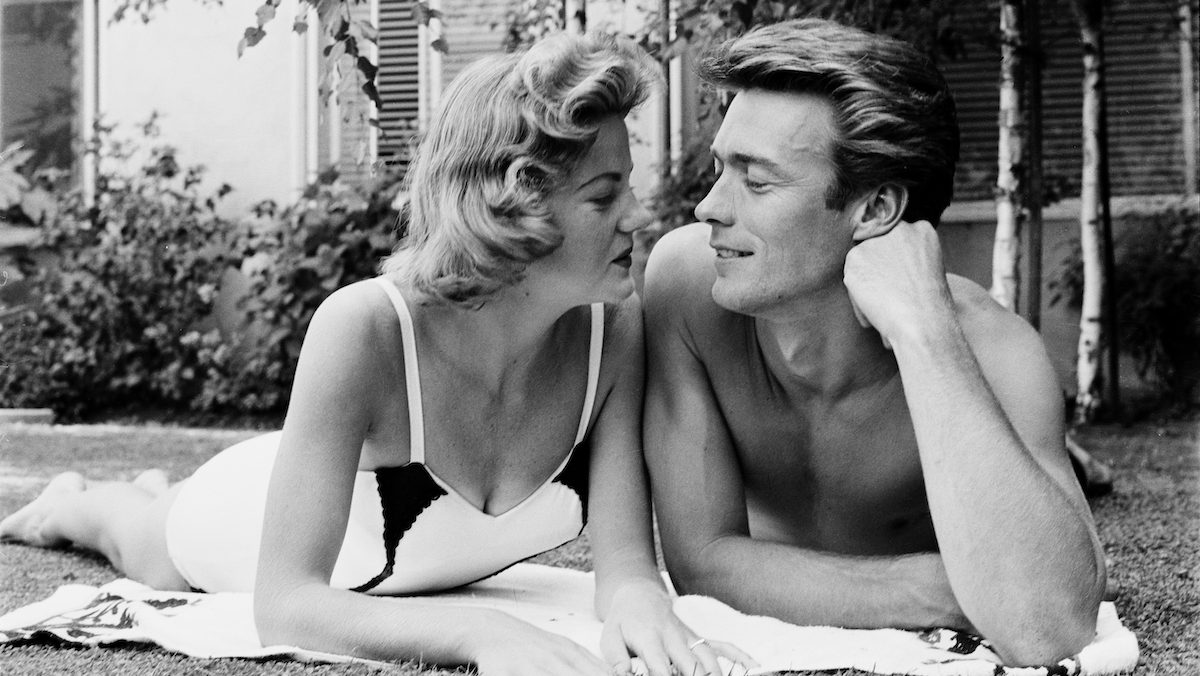
Young Eastwood’s breakthrough role came in 1959, when he began playing Rowdy Yates in the Western TV series Rawhide. The show ran until 1965, and made Eastwood into a star over the course of 217 episodes.
In the ’60s, Eastwood became an international movie star, as he was cast in many Spaghetti Westerns (a subgenre of Western films from Europe, mostly produced by Italians). Eastwood starred as the Man With No Name in Sergio Leone’s classic mid-’60s trilogy of A Fistful of Dollars, For a Few Dollars More and The Good, the Bad and the Ugly. In these films, he was the archetypal stoic antihero. Eastwood’s first US-made Western, Hang ‘Em High, was a success in 1968, as was Coogan’s Bluff, a crime thriller made with director Don Siegel, who would become his frequent collaborator.
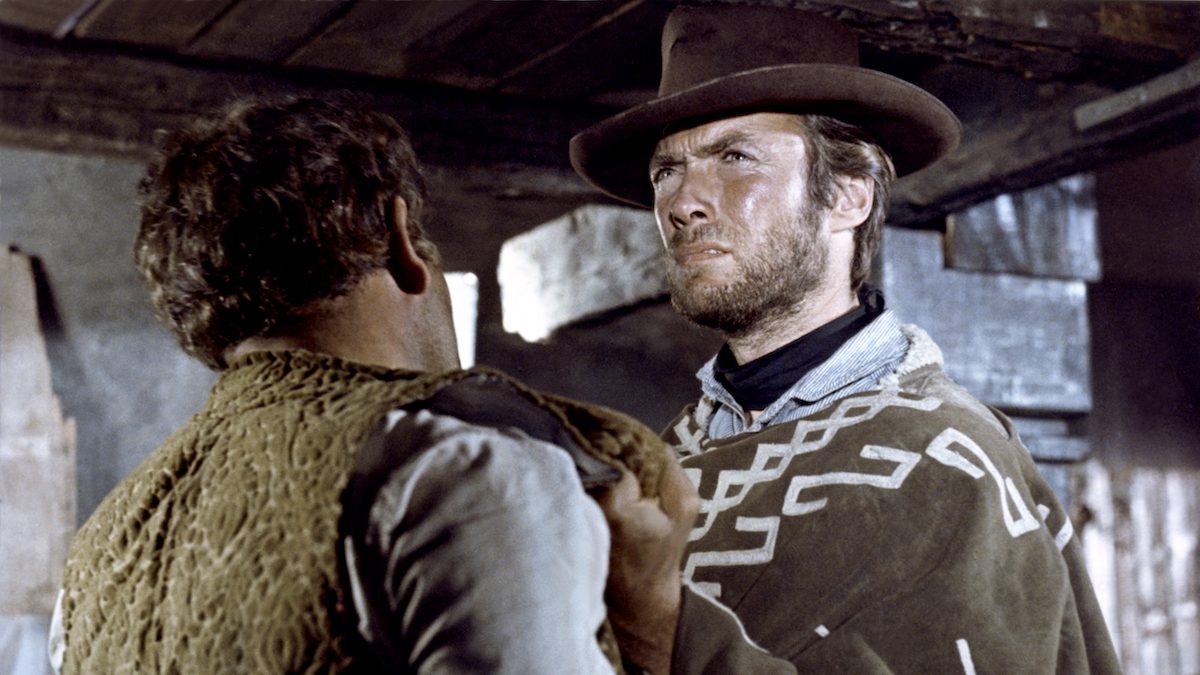
Clint Eastwood in the ’70s and ’80s
In 1971, Eastwood had his busiest-yet film year, starring as a Union soldier in The Beguiled. Then, he crossed over into film directing, making his director’s debut that same year with the psychological thriller Play Misty for Me. Eastwood became a household name with his 1971 role as the hard-boiled police inspector title character in Dirty Harry, which was one of his most iconic roles. He’d go on to reprise the part throughout the ’70s and ’80s in Magnum Force, The Enforcer, Sudden Impact and The Dead Pool.
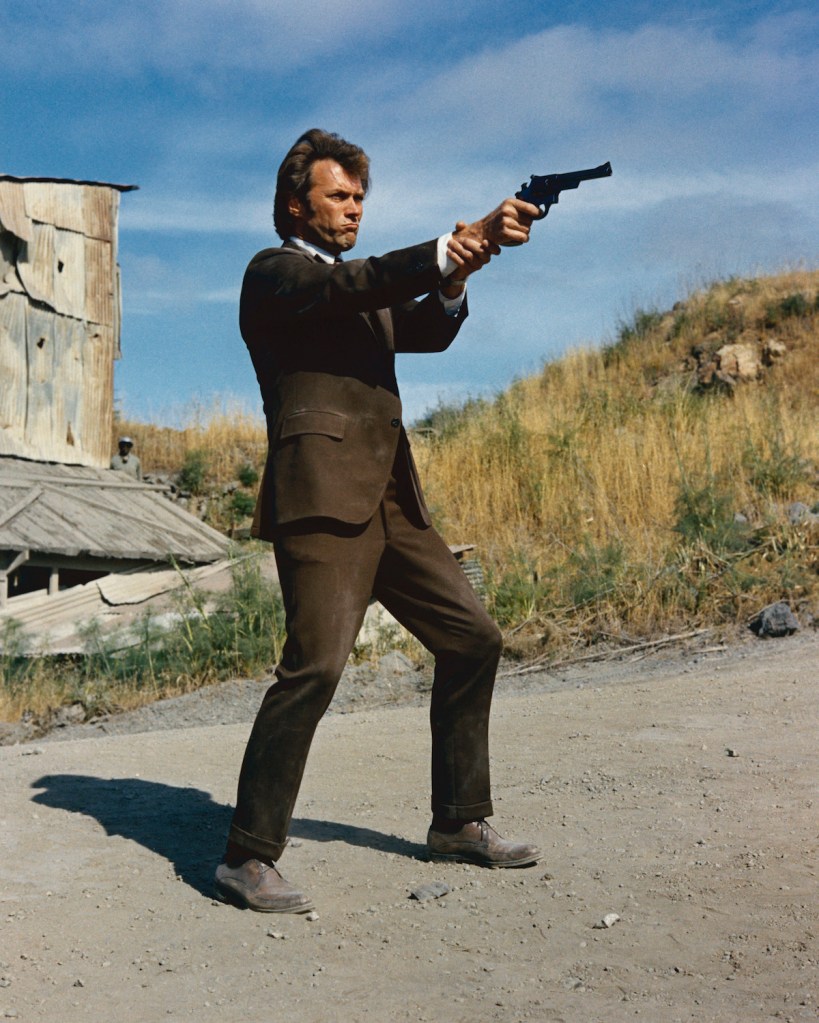
Eastwood’s fire continued to burn brightly for the rest of the ’70s, with one action-packed, intense film after another. Other hits in this decade include Joe Kidd, Thunderbolt and Lightfoot and Escape from Alcatraz. While Eastwood is known for Westerns, he branched out into the comedy genre in 1978, starring alongside an orangutang in Every Which Way but Loose. The movie was a surprise hit, and became his top-grossing title at the time.
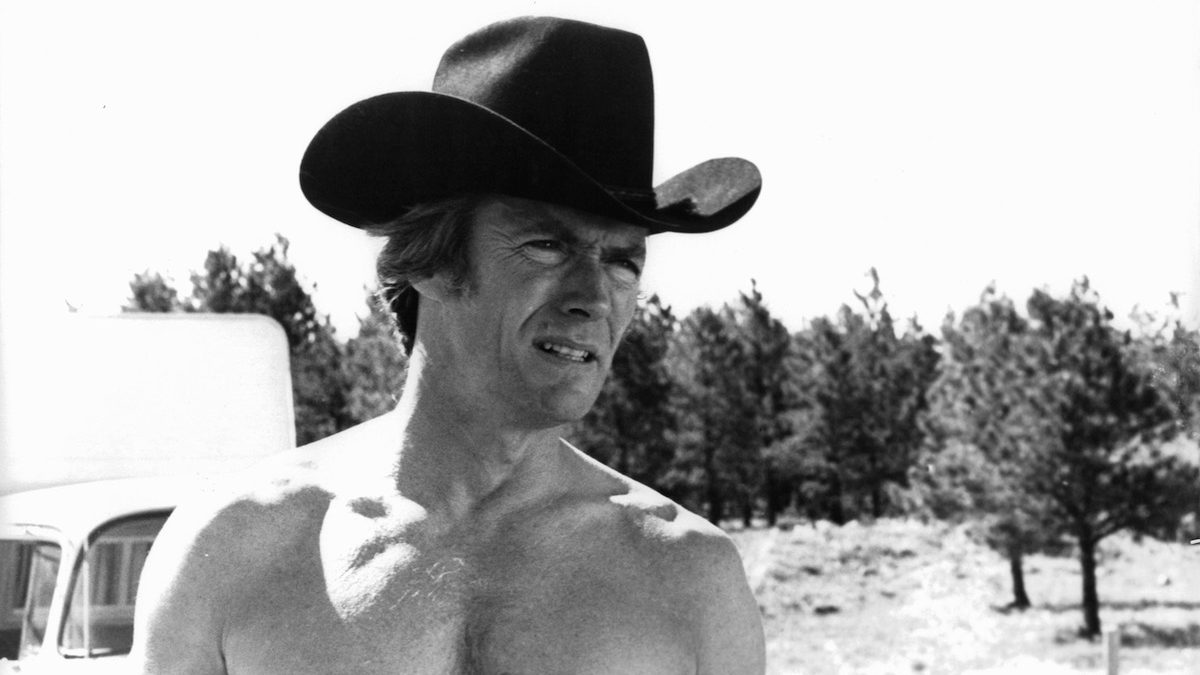
Eastwood’s successful streak continued in the ’80s. In 1980, he starred in Any Which Way You Can, a sequel to Every Which Way but Loose. Then came the fourth Dirty Harry film in 1983, Sudden Impact, which was the highest-grossing film of the series. Sudden Impact introduced the iconic catchphrase, “Go ahead, make my day.” Several more hits followed this decade, including Bronco Billy, Firefox and Tightrope — and then, in 1988, came the fifth and final Dirty Harry film, The Dead Pool.
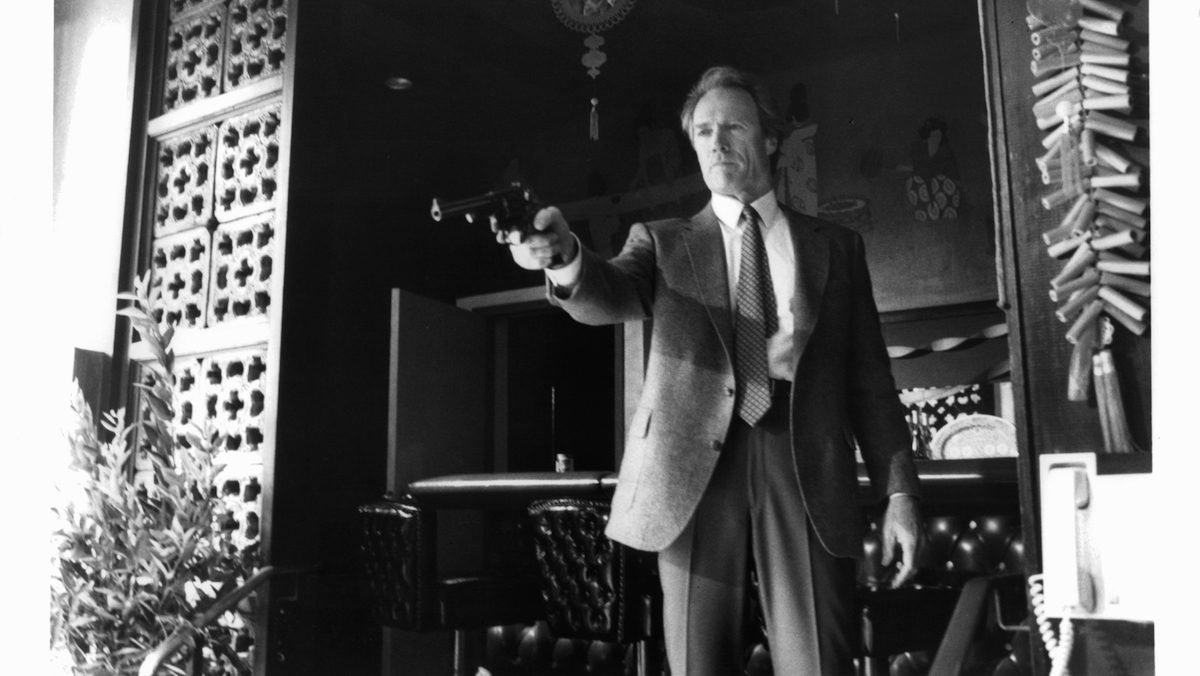
Unfortunately, that was the last successful Eastwood project for a while. In the late ’80s and early ’90s, Eastwood had two films that bombed: Pink Cadillac in 1989 and The Rookie in 1990. But Eastwood was always a man who rose to the occasion, and soon enough, he’d make a triumphant comeback.
Clint Eastwood in the ’90s and beyond
After a disappointing end to the ‘80s, Eastwood, who told Variety, “I don’t want to repeat what I did in the last decade or the decade before that,” made his big comeback in 1992 with the dark Western Unforgiven. For this movie, a 62-year-old Eastwood earned Oscars for Best Director and Best Picture. He had a few more hits in the ‘90s, including The Bridges of Madison County, a romantic drama co-starring Meryl Streep, but Eastwood’s success stalled again at the end of the decade.
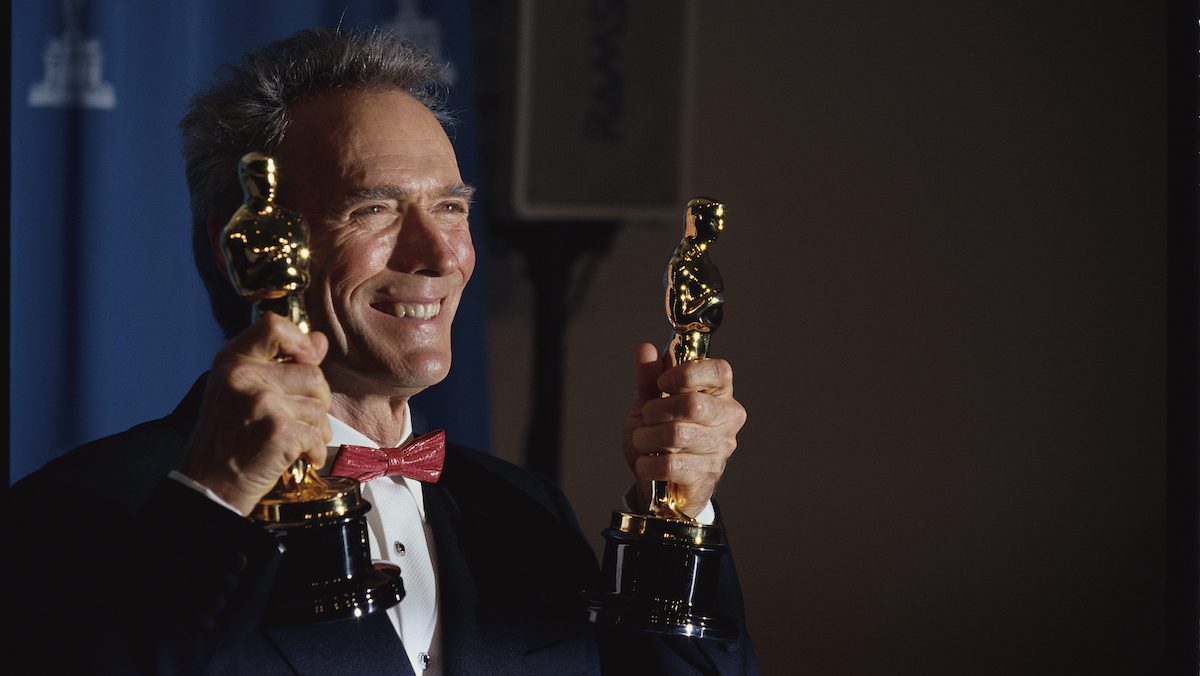
From the early 2000s on, Eastwood bounced back and revived his career, mostly in directing. He directed many critically and commercially successful movies, including Million Dollar Baby, Mystic River, J. Edgar, American Sniper and Sully. Now in his 90s, with decades of experience in front of and behind the camera under his belt, Eastwood hasn’t entirely given up on acting. In fact, in 2021, Eastwood both directed and starred in Cry Macho.
In a 2021 interview with Parade, when asked about possibly retiring, Eastwood said, “I’m constantly figuring out what I’m going to do next. I still love taking somebody’s idea, whether it’s a book or a play, and developing it. Maybe other people want to do a few movies and quit, and that’s great. Maybe they’ve got something else they could do and keep busy. I don’t. I love movies and enjoy making them.” In his 90s, Eastwood still has the dedicated work ethic of a man half his age.
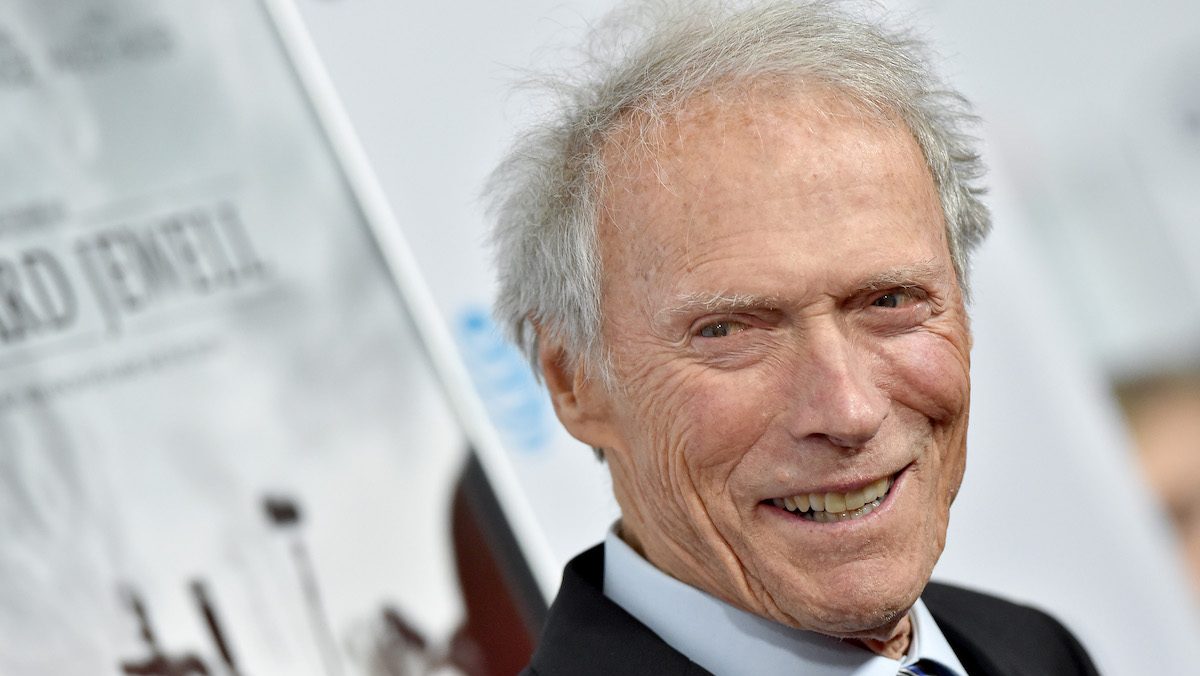
While Juror No. 2 may well be Eastwood’s final movie, after such a storied career, we would welcome Eastwood for an encore if he’s up for it. If he does finally retire, his more than half-century-long filmography as a director and movie star is well worth revisiting, and we can’t help but admire his timeless cool and profound staying power in an ever-changing industry.

